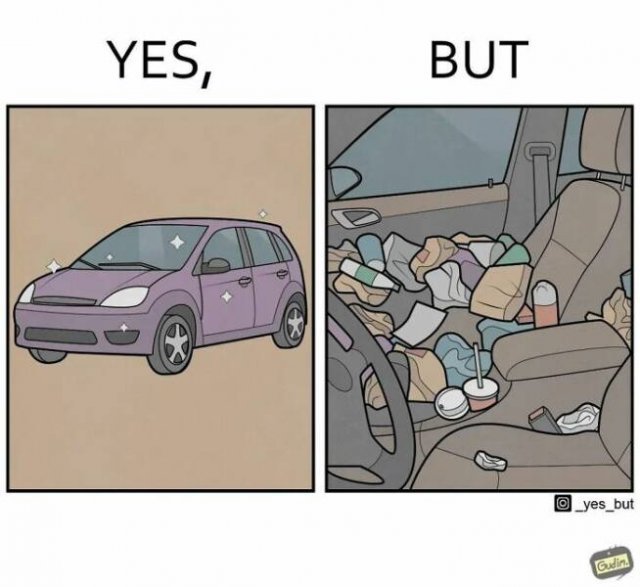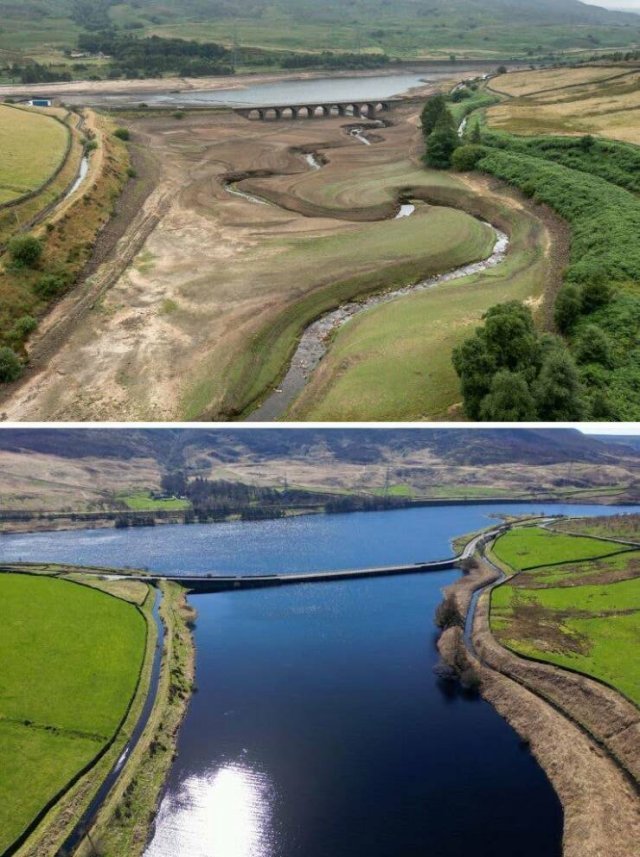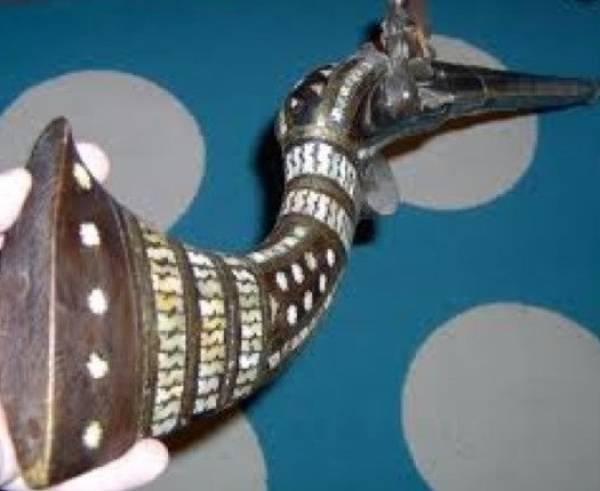The newest registered user is mark5
Our users have posted a total of 48862 messages in 7215 subjects

WORLD CLOCK
NAT GEO * Sharks found with cocaine in their systems *
Valley of the Sun Casual Club :: WORDS , FACTS , DATES , GAMES & TRIVIA & HISTORY :: NATIONAL GEOGRAPHIC
 NAT GEO * Sharks found with cocaine in their systems *
NAT GEO * Sharks found with cocaine in their systems *
July 23, 2024
It may sound like a B-rated movie plot, but ‘cocaine sharks’ are plying the coastal waters of Rio de Janeiro.
New analysis of Brazilian sharpnose sharks has revealed that the illicit drugs are getting into the ocean and contaminating the fish, a first-of-its-kind discovery.
For the study, researchers dissected 13 sharks captured accidentally by fishermen between September 2021 and August 2023 in the waters off Recreio dos Bandeirantes, a Rio de Janeiro neighborhood with long, pearly-white beaches.
The team found cocaine and benzoylecgonine—a metabolite produced when cocaine is broken down in the body—in muscle and liver tissues of all 13 fish. (See the surprising ways sharks keep our oceans healthy.)
Pharmaceutical waste, whether it’s legal or illegal, is an understudied problem for wildlife in oceans, rivers, and lakes. Scientists have also detected traces of coke and other illegal drugs near large cities such as London and off Florida’s coast.
It's not yet known how cocaine—a stimulant sourced from coca leaves—could affect the Braziian sharpnose shark, a species the International Union for Conservation of Nature lists as vulnerable to extinction, due mostly to overfishing.
Summer Flash Sale – Up to $20 off!
SUBSCRIBE NOW
Biologist Rachel Ann Hauser-Davis and ecotoxicologist Enrico Saggioro, both at the Oswaldo Cruz Institute, a federal public health research organization in Rio de Janeiro, noted they did not analyze the sharks’ health in their new study.
But negative effects are “probable,” the study authors say, based on previous studies that have shown damage to zebrafish and mussels exposed to cocaine. Other research on fish eyes found the drug can affect the animals’ vision and ability to hunt, they say.
“There are several issues concerning their health, such as possible reproductive issues, as well as problems in prey-predator interactions,” say the two scientists, whose study is in press in the journal Science of The Total Environment.
Susceptible sharks
The study also revealed the 13 sharks had about three times higher levels of cocaine than benzoylecgonine, which means that the drug had mostly not been metabolized in the bodies of humans or other organisms—instead, some of it may have been dumped directly into the water. (Learn more about the threats of marine pollution.)
“While I’m not at all surprised to see cocaine metabolites in the water, as you’d expect that from human urine, I am surprised to see ‘cocaine’ in the water,” says Tracy Fanara, an oceanographer at the University of Florida.
Brazil is one of the main “cocaine consumer markets in South America, with around 1.5 million users, representing almost eight percent of total users worldwide,” according to the study.
Study scientists believe there are two ways cocaine is getting into fish: Waste from drug users’ bodies entering the sewage system, as well as “clandestine” cocaine-refining laboratories disposing pure cocaine into sewage ducts along the Sernambetiba Canal, which empties into the ocean at Recreio dos Bandeirantes.
How does cocaine affect sharks?
Sharks may take up cocaine directly through their gills or eat smaller prey that contain the substance. This bioaccumulation through the food chain may explain why sharks had higher levels of cocaine than other aquatic organisms tested in previous research, according to the study authors. (Learn how trout can become ‘addicted’ to meth.)
It’s possible sharks do not metabolize cocaine as quickly as do humans, and a longer-lasting presence of the drug could disturb their endocrine system and thus hormone regulation, says Daniel D. Snow, a professor and lab director at the Nebraska Water Center who has studied the presence of steroids in rivers.
Any biologically active chemical can cause stress, which in turn could make the already declining fish more susceptible to disease, Snow says.
“This is evidence of the increasing danger of cocaine pollution,” says Anna Capaldo, a professor of comparative anatomy at the University of Naples Federico II in Italy who has studied the impact of cocaine on freshwater European eels. The research found exposed eels had muscle swelling and hormone disruption that led to higher stress.
Capaldo, who reviewed the recent Brazilian study, says scientists need to investigate affected Brazilian sharpnose shark organs “to able to say with certainty” if the drugs are hurting the fish.
Florida sharks also at risk
Fanara has studied the potential impact of cocaine off Florida, where cocaine bales—the plastic-wrapped blocks used in illegal transport—sometimes fall off drug smugglers’ boats and get into the water. In other cases, they are hidden in weighted nets underwater, awaiting collection. Though Fanara and her team haven’t found evidence of cocaine in Florida sharks yet, it’s likely happening. (Read the sad story behind the movie Cocaine Bear.)
The Brazilian study was concerning, she says, noting Brazilian sharpnose sharks “spend their entire lives being exposed to this drug, and they are a vulnerable species.”
But she says the study has a “major” weakness: The scientists did not take the water samples from the location in Recreio dos Bandeirantes where the sharks were caught.
That’s why, to get a broader picture of cocaine’s presence in the ecosystem, Saggioro is working on detecting the drug throughout the Rio de Janeiro watershed.
No easy solution
Controlling the release of cocaine—and even legal medicines and drugs—into the oceans is difficult, Snow says.
“It is possible to treat wastewater so that you’re not releasing any of these chemicals into the water, but it is incredibly expensive to do that,” he says.
In the study, the researchers call on Brazil’s regulatory bodies to acknowledge the presence of illicit drugs in marine ecosystems and monitor and reduce their presence through legislation.
Finding cocaine in sharks, they write, “highlights the urgency for robust legal frameworks and proactive measures to address this emerging environmental issue.”
Valley of the Sun Casual Club :: WORDS , FACTS , DATES , GAMES & TRIVIA & HISTORY :: NATIONAL GEOGRAPHIC

 Events
Events




















































































» *POPULAR CONTENTS* Valley of the SUN Official Newsletter
» Disneyland vacation
» WGT POETRY , QUOTES , MOMENTS , & MORE
» Word Genius Word of the day * Spindrift *
» Tales of Miurag #3 in Paperback Patreon Story in December!
» Download WhatsApp
» WORD DAILY Word of the Day: * Saponaceous *
» Word Genius Word of the day * Infracaninophile *
» THE TRUMP DUMP .....
» INTERESTING FACTS * How do astronauts vote from space? *
» WWE Crown Jewel is almost here! Don't miss the action LIVE today only on Peacock!
» NEW GUEST COUNTER
» Merriam - Webster Word of the day * ‘Deadhead’ *
» WWE Universe: Your Crown Jewel Broadcast Schedule has arrived!